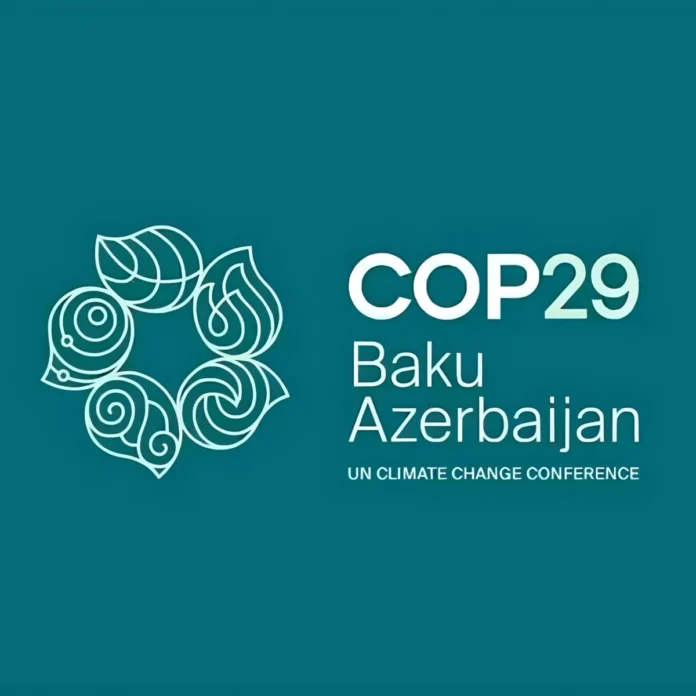With countries far from consensus on climate funding targets before November’s COP29 United Nations Climate Summit, the Azerbaijani COP29 leadership on Sept. 17 called for agreement on several more achievable proposals.
The main goal announced for the Nov. 11-22 summit in Baku, Azerbaijan is to set new annual targets for funding that developed countries will contribute to support greenhouse-gas reductions by lower-income countries.
In 2009, developed countries pledged $100 billion a year by 2020, but that goal was only met for the first time in 2022, according to Deutsche Welle. Although, advocates have said much more than $100 billion is needed, June talks in Bonn to set new targets were inconclusive.
In August, the UN released a draft of the agreement, called the “New Collective Quantified Goal” (NCQG). It outlines a proposal for what each of the 198 COP countries that have ratified the United Nations Framework Convention on Climate Change (UNFCCC) would either pay or receive.
Arab countries are saying developed countries should commit at least $441 billion a year in grants between 2025-2029 to mobilize $1.1 trillion in loans and private financing, while African countries want an annual objective of $1.3 trillion, according to an AFP report in Barrons.
The developed countries who would contribute to the NCQG were established in the Rio Summit in 1992: U.S., EU countries, UK, Japan, Canada, Switzerland, Turkey, Norway, Iceland, New Zealand, and Australia. These countries have called the requests unrealistic and have argued that China and the Gulf countries should be added to the list of donors.
Voluntary actions
For want of agreement on the NCQG, Azerbaijan, host and leader of COP 29, issued a Sept. 17 letter that pushes for several voluntary actions, which would not require consensus from the 198 COP participants:
- Funding the voluntary Climate Finance Action Fund (CFAF), which has a total target of $1 billion to support projects in developing countries. Azerbaijan has announced it will be a founding contributor to the fund, which would take donations from developing countries. The CFAF is intended to catalyze public private investment in climate projects like clean energy technologies, improved energy efficiency, and strengthened climate resilience, F&E Trends reported.
- Getting countries to pledge to increase global energy storage capacity six times above 2022 levels, reaching 1,500 gigawatts by 2030, according to Reuters. This would include committing to upgrades or addition of more than 80 million kilometers of energy grids by 2040.
- Creating a globally harmonized market for clean hydrogen by addressing regulatory, technological, financing and standardization barriers.
- Cooperating on initiatives to reduce emissions from the tourism sector.
- Establishing a platform to support green economy and investments.
- Attracting investments in sustainable energy infrastructure to develop green energy zones and corridors.
- Helping developing countries prepare climate action transparency reports.
- Strengthening cooperation in agriculture and supporting communities.
COP29 President Mukhtar Babayev, Azerbaijan’s minister of ecology and natural resources, said action on these proposals would “help to enhance ambition by bringing stakeholders together around common principles and goals,” according to Reuters.
“We hope to address some of the most pressing issues while also highlighting remaining priorities,” he said.



